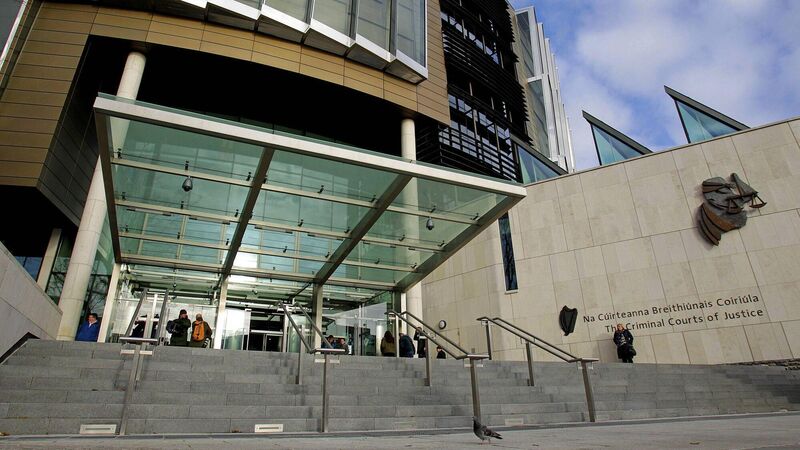Why is the system steering clear of restorative justice for rape victims?

The court was advised that restorative justice is ‘not feasible’ because Christopher O'Grady, aged 34, and formerly of Muirhevnamor, Dundalk, Co Louth, does not accept full responsibility for his offending, according to his position during an interview with a Probation Officer.
During a recent rape trial in the Central Criminal Court, a female Spanish student asked to meet her attacker in a safe space and look him in the eyes. She had questions she wanted to put directly to him.
This is part of a process known as restorative justice. Following brief consultations with their legal teams, the convicted perpetrator agreed to engage in restorative justice and the victim/survivor reaffirmed her request. Both prosecution counsel and the trial judge appeared unsure if such a case would be suitable for restorative justice, but prosecution counsel agreed to investigate. As it transpires the case was handed over to the Probation Service.















